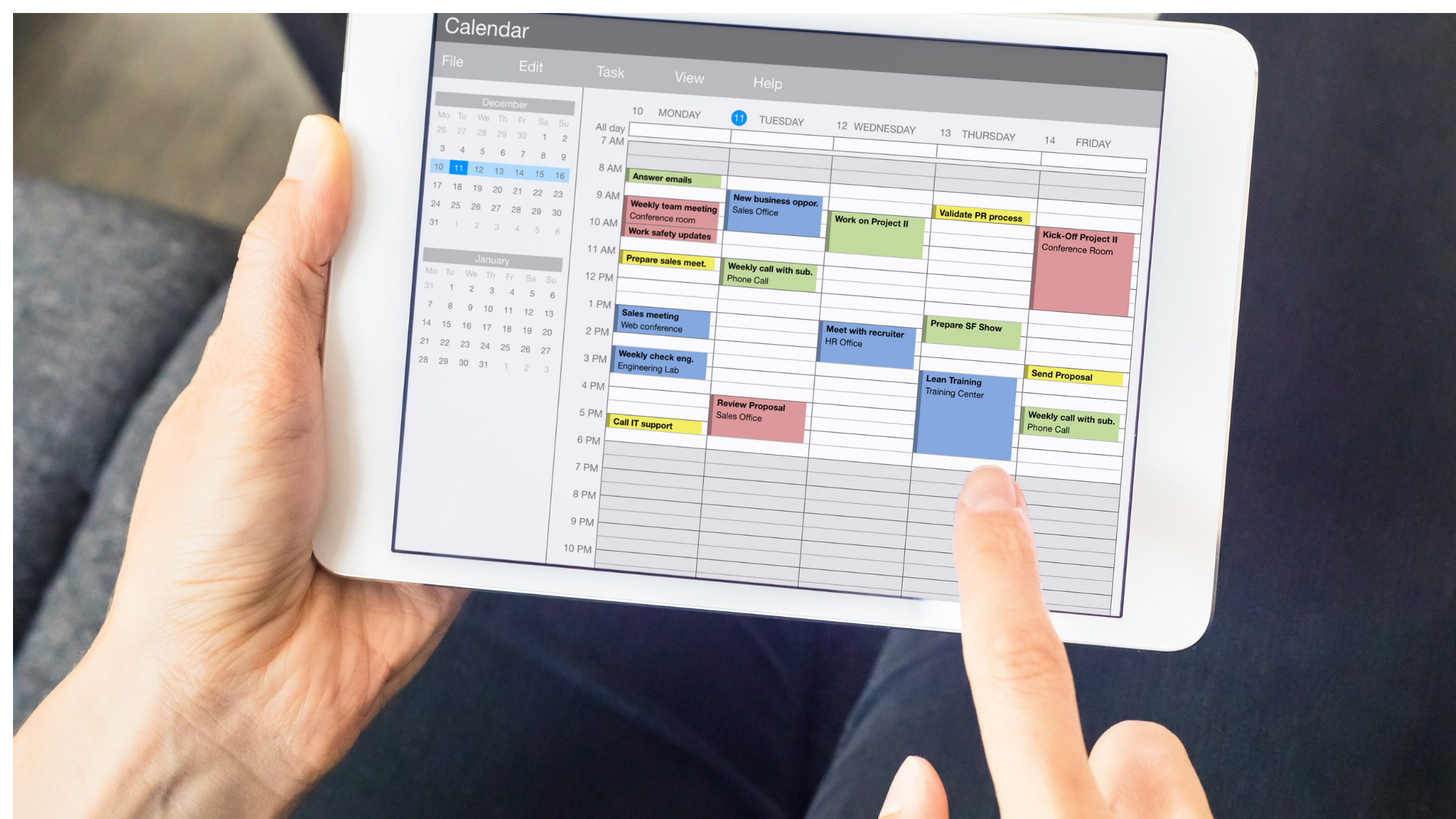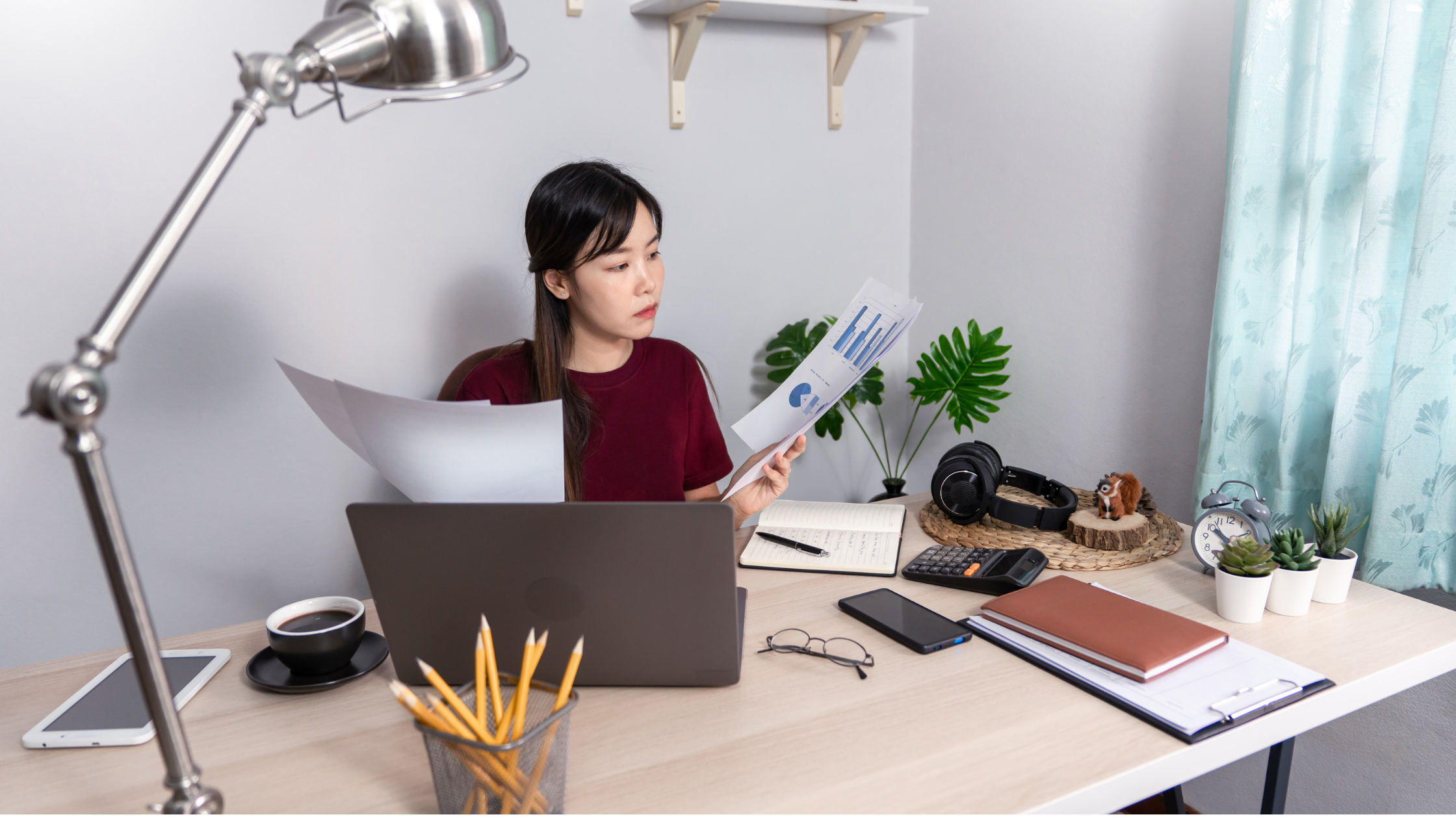When home becomes the workspace too, it compromises the mental health. With the increased flexibility of conducting work from home and crisis due to the pandemic, working from home has become a thing.
While some seem to enjoy the new change, many people are now exposed to the risk of compromised mental health.
There is no doubt that you don’t have to face stress of every day’s traffic or travel long to reach the office. But does that mean you are doing ok mentally?
How this new change affects the people, and what can you do to avoid it? We will discuss everything. So hang on, you are surely going to extract some valuable information from here.
The Negatives of Remote Working on Mental Well-Being
To understand how to maintain good mental health, we need to understand the root cause of declining mental health. With many other disadvantages involved, working from home has a toll on mental health.
The biggest and foremost issue of working from home is the lack of time management. Poor time management can be a contributor to mental sickness if not handled well.
Secondly, the feeling of isolation can also affect your mental health. The sense of belonging people had while working from the office was eliminated since everyone started working from home. Human interactions are significant for mental well-being. People working together interact, engage, communicate, collaborate by exchanging ideas, and grow together. This new era of working from home has dismissed it.
To add to these, the comfort of home and no proper working atmosphere can lead to unproductiveness. Lack of productivity can further affect our mental health in the form of anxiety, stress, and sleeping disorders.
5 Ways to Protect Your Mental Health While Working Remotely
Since it is quite clear that remote working is not going anywhere even after the pandemic, one must take some measures to protect his mental health.
Here are some practices you can follow to stay blended with this new change.
1. Create and Follow a Proper Schedule
Remote working gives you some authority to manage your work hours. It is a good home working perk, but you should not get too laid back about it. Sooner or later, it can start affecting other things.

The schedule’s flexibility does not mean that you spread your work throughout the day. Set your daily routine and plan your work schedule accordingly. Continuously delaying the assigned task and juggling to complete it at the last minute will add up to stress and anxiety.
Daily planners or productivity apps like Trello can help you in keeping a tab on scheduled tasks.
These tools also aid in keeping you motivated and on track so that you stop procrastinating and meet your daily goals. Getting finished with the work at the right time will allow you to have stress-free time for the rest of the day.
But not to forget, don’t be hard on yourself. Another side of this is ‘working too hard’ without defining a clear line between working hours and non-working hours. Allow yourself some mid-work breaks to stay productive and relax your mind.
Try to find a balance between over-working and procrastinating.
2. Work At a Dedicated Space
You can’t bring the office atmosphere at home, but at least you can try? It is impossible to have the same office settings, but you can create a productive environment for working at home.
A comfortable chair, an ergonomic table, and a noise-free room would help you be in the right zone to work and somewhat achieve the work state of your mind.

However, picking up a wrong working place can affect your productivity and mental peace. If you choose to work in noisy and distracting places, you would feel irritated and won’t be able to concentrate on work. For instance, living with a big family can sometimes be distracting, especially with kids around.
Additionally, if you decide to work from your bed, you will feel lazy and unmotivated. You would not be able to meet the deadlines and feel discouraged.
So why not choose a dedicated workplace to prevent all these distractions?
With a dedicated workplace, you can focus on the work and meet your timelines. Setting up clear frames can make working from home more effective and less mentally damaging.
3. Engage Yourself in Engrossing Activities
Working continuously in the same environment can lead to mental exhaustion and tiredness. Giving yourself a break is very crucial, and you should not neglect it.

Try to engage yourself in activities you like or ones that give you joy. These activities could be anything like painting, listening to music, playing with kids, or a nature walk. Involving yourself in such tasks can help you disconnect your mind from work and relieves excess pressure.
Another aspect of remote working from home is having limited mobility. These activities help function your body at the same pace as your mind, releasing stress and tension.
Working from home can also disrupt the work-life balance. Its maintenance is essential to protect your mental well-being. While it’s difficult to draw clear lines between work and home hours, you need to set it for a healthy mind.
4. Communicate
As discussed before, human connections and interactions are essential for surviving.
Working from home can make a person feel isolated if he lives alone. A feeling of loneliness can lead up to anxiety, depression, or other mental illnesses.
Thanks to the digital advancements that have made interactions possible while staying at home. If you ever feel alone, a voice or video call can help you in staying engaged and up to date with your colleagues or loved ones.

Connecting with the employer or colleague can also help you resolve any issue you are facing about the tasks assigned to you. Once solved, you will feel relaxed about it.
Frequent communications can help in isolation and help reduce stress. Moreover, work burden and tension can be relieved if you are socially active.
To give a further boost to your socialization process, plan a virtual social outing. It would make you feel a lot better.
5. Stay Positive
Not everyone prefers remote working, but at times when there is no other option left than working from home, all you need to do is stay positive.
Stay optimistic and try to look at the brighter side. Remote working does have many advantages. Try to enjoy those little perks till you can.
Seeing a glass half empty brings stress, depression and affects mental wellbeing.
Start your day with positive affirmations, practice gratitude, avoid negative self-talk, and try to stay optimistic thorough-out the day. These simple tips will train your mind to be more positive.
Staying positive not only improves your health but can also increase the productivity of your work.
Maintaining Work-Life Balance
Working from home can be overwhelming, but not when you maintain an essential balance- work-life balance.

You might have heard this term a lot. But now is the time to practice it.
If you can reach the optimal balance between the two while conducting the work tasks at home, you can feel many benefits.
- Better mental health
- Increased productivity
- Healthier lifestyle
Wrap Up
Living and working at the same place can be exhausting. Remote working involves two sides: the perks of staying home, which everyone loves, and compromised mental health. The most common mental health issues reported are depression, anxiety, and loneliness.
No matter if you have a full-time job or side-hustle, try to incorporate these practices to stay positive and productive. Always remember to be kind to yourself and try out the ways that can help you maintain your mental health.
How helpful did you find the article? Do you think these practices can help maintain mental health? Don’t forget you leave your remarks in the comments section below.


